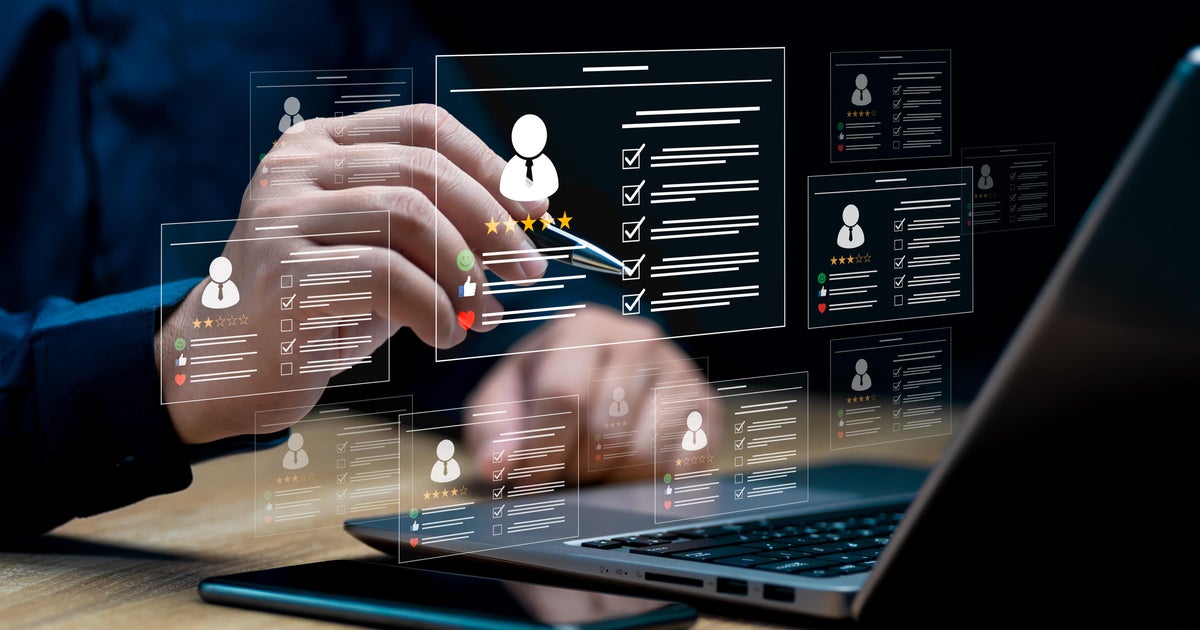AI at Work: Will Algorithms Decide Your Career Fate in Singapore?

From screening resumes to evaluating employee performance, AI is rapidly transforming Human Resources (HR) practices. AI-powered tools can analyze vast amounts of data – including resumes, interview recordings, and performance reviews – to identify candidates who best fit a role or flag employees who may be underperforming. Proponents argue that AI can remove human bias, improve efficiency, and lead to better hiring decisions. For example, AI can quickly sift through hundreds of applications, identifying keywords and skills that align with the job description, saving recruiters valuable time and resources.
The appeal of AI in HR is undeniable. Companies are drawn to the promise of increased efficiency, reduced costs, and potentially more objective decision-making. AI algorithms can process information at a speed and scale that humans simply cannot match. Furthermore, some believe AI can mitigate unconscious biases that can creep into human evaluations. By focusing on data-driven metrics, AI may, in theory, provide a more level playing field for all candidates and employees. However, this is not always the case as we'll see below.
The use of AI in hiring and firing is not without significant legal and ethical risks. One of the biggest concerns is the potential for AI to perpetuate and even amplify existing biases. AI algorithms are trained on data, and if that data reflects historical biases (e.g., a predominantly male workforce in a particular industry), the AI may inadvertently learn to discriminate against underrepresented groups. This could lead to unfair hiring and promotion decisions, and even wrongful terminations.
In Singapore, the Employment Act and the Fair Employment Act provide a framework for protecting employees from discrimination. However, the application of these laws to AI-driven decisions is still evolving. Companies must ensure that their AI systems are fair, transparent, and do not discriminate against any protected groups. This requires careful auditing of training data, ongoing monitoring of AI performance, and a commitment to addressing any biases that are identified.
Transparency is crucial. Employees have a right to understand how AI is being used to evaluate their performance and make decisions about their careers. Companies should be open about their use of AI and provide employees with opportunities to challenge AI-driven assessments. Accountability is also essential. If an AI system makes a flawed or discriminatory decision, it's important to have clear lines of responsibility and mechanisms for redress.
As AI continues to reshape the workplace, businesses and employees in Singapore must proactively address the legal and ethical challenges. Here's what to consider:
- Regular Audits: Regularly audit AI systems for bias and ensure they comply with relevant laws and regulations.
- Data Diversity: Use diverse and representative datasets to train AI algorithms.
- Human Oversight: Maintain human oversight of AI-driven decisions. AI should augment, not replace, human judgment.
- Employee Training: Educate employees about how AI is being used and their rights.
- Legal Counsel: Consult with legal counsel to ensure compliance with employment laws.
The integration of AI into the workplace presents both opportunities and challenges. By addressing the potential risks proactively and embracing a responsible approach, Singapore can harness the power of AI to create a more efficient and equitable workplace for all.






